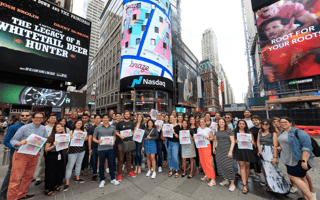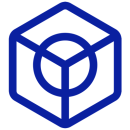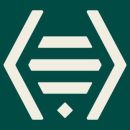Though many engineering teams work with the same coding frameworks and languages, engineering team culture varies wildly from company to company. We spoke to five engineering teams across New York City to learn all about the quirks their work families embrace.
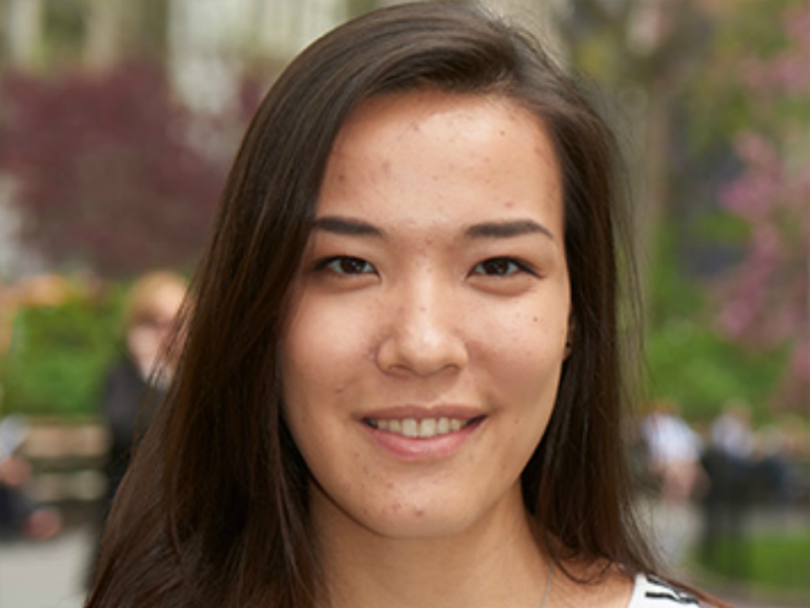
Stash has grown rapidly in its mission to educate the masses about smart investing. Backend Engineer Annalia Sunderland explained to Built In NYC how a deeply connected engineering team culture helps build products that help individuals elevate their financial futures.
What three words would you use to describe the culture of your engineering team?
Adaptable, helpful, innovative.
How does your engineering staff bond both in and out of the office?
With an open floor plan, squad members sit near one another, so it’s easy for us to chat throughout the day — whether it’s through friendly banter or helping each other with engineering and product questions. The back-end team in particular has been pair programming a lot recently and, as someone who’s pretty introverted and socially nervous about the idea of pair-programming, I find the experience much more natural. It allows me to actually become friends with my coworkers.
Often, some of us will stay late in the office just to hang out. On Thursdays, the company hosts demos and a happy hour where we’re encouraged to stay and socialize with one another. Usually, this leads to office karaoke. Many of us now hang out outside of the office as well, whether it’s for an official or unofficial squad outing, a game of soccer or kickball, a housewarming or a birthday, a concert or movie, or even rafting and camping out of state. We’ve genuinely become friends with each other.
When hiring someone for the team, what characteristics and experience do you look for?
We don't use the term “culture fit” at Stash, as we know that term has become the embodiment of unconscious bias. Instead, we ask questions that help us identify if candidates align with our core values. I always try to gauge how collaborative and open-minded the person is. A person who wants to help in whatever way possible and grow as a part of a team would naturally fit with the engineering culture. We’re a fast-moving company, so product and engineering have to communicate with one another and adapt. Our teams succeed because people listen, adjust to the team’s changing needs and try to help make work easier for one another.
I try to see if a person can have an open conversation with me, listen carefully, springboard off new information given and openly adjust when unexpected caveats come up.
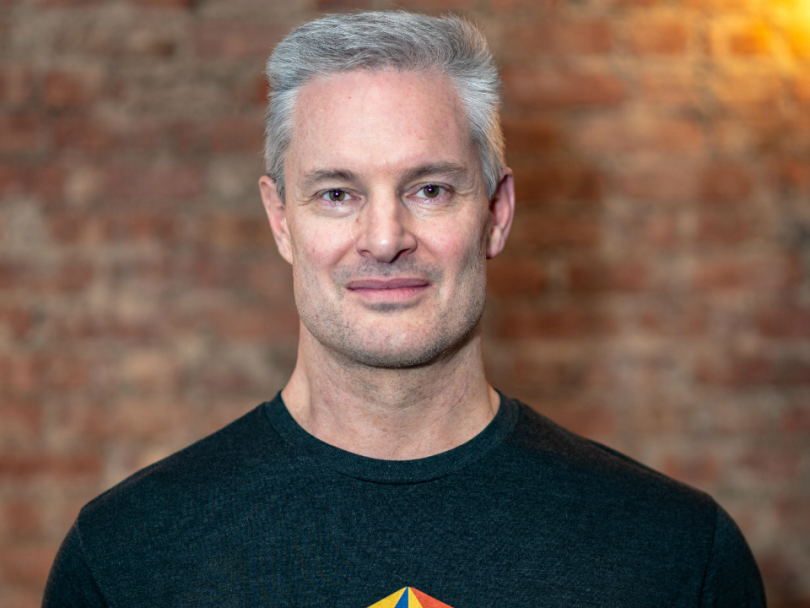
Every day, Bluecore’s retail marketing platform helps companies build meaningful connections with their customers. Bluecore’s engineering team fosters this same sense of connection with a balanced culture of fun and education, explained Senior Vice President of Engineering David Dyar.
What three words would you use to describe the culture of your engineering team?
Empowering, collaboration, impact.
How does your engineering staff bond both in and out of the office?
In the office we have quarterly hackathons, which produce some of our best products and features. We also have tech talks, game night, book club, quality of life improvements the teams implement and weekly engineering gatherings where we celebrate wins and new products, and give shout outs where the engineers can brag about how their peers stepped up to help them.
Out of the office, we have ongoing education, conferences, happy hours, women in engineering conferences and events such as Grace Hopper in Houston, and various team activities like picnics and outings. The teams often eat together at the office, or the teams will sometimes go out for lunch or dinner as a group. It’s a very upbeat culture and the teams enjoy doing things together as a group.
When hiring someone for the team, what characteristics and experience do you look for?
We look for someone who wants to be part of our team. Someone who wants to be part of growing and making an impact for the company. Are they good at solving problems, and do they like to collaborate? If you get on a whiteboard and start brainstorming a problem, can they contribute and toss good ideas back and forth and be willing to see other ways to solve a problem? Like any company, we want the person to have a base skill level to do their job. But, just as importantly, will they bring positive energy and contribute to what makes Bluecore such a great place to work?
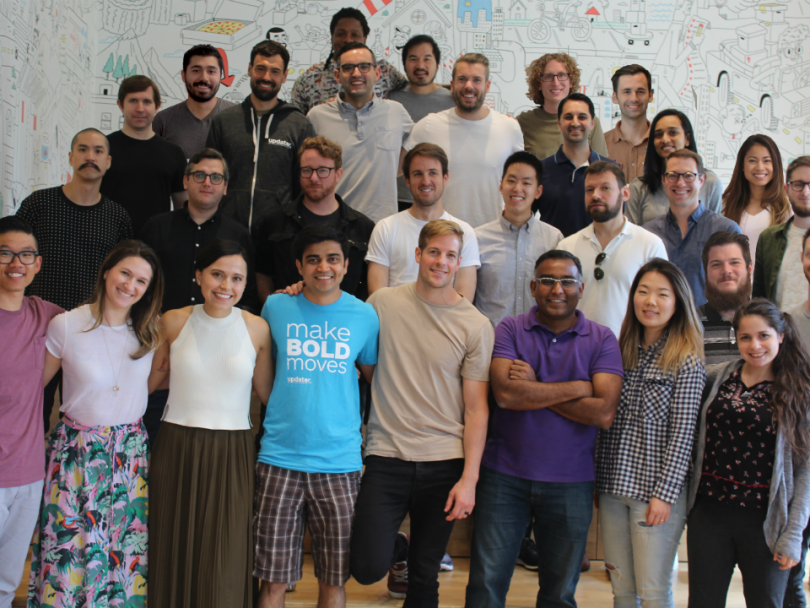
As Updater’s Director of Services Engineering Blue Thomas put it, the engineering team thrives on collaboration. A culture devoid of ego helps the Updater team engineer the products that help thousands seamlessly relocate every year.
What three words would you use to describe the culture of your engineering team?
Collaborative, innovative, humble.
How does your engineering staff bond both in and out of the office?
We’re always sharing ideas with each other, whether it’s posting an interesting article on Slack or demonstrating a new technology during a lunch and learn. The general vibe day to day is highly collaborative and friendly, which helps foster a safe environment to ask questions and constantly learn from your peers. After hours on any given day, you might find some of us hanging back having a drink at the office taps, playing FIFA, competing in a ping pong tournament, attending meetups together or having fun at one of our happy hours. Some of us bowl together, some of us ride motorcycles together and others go see concerts together. There’s always something to do in NYC!
When hiring someone for the team, what characteristics and experience do you look for?
Humility and a lack of ego go a long way. Any sign of dogmatism is a red flag, as we strive to be pragmatic and use the best tools for the task at hand. Depending on the scope and seniority of the role, a certain amount of technical expertise and engineering maturity is required, but to really fit in our engineering culture is to approach building software as a team sport, accept feedback and have the inquisition to ask “why” when scoping out a problem. Updater is growing fast; you will be expected to deliver impact, therefore you need to demonstrate product-centric thinking and have a growth mindset.
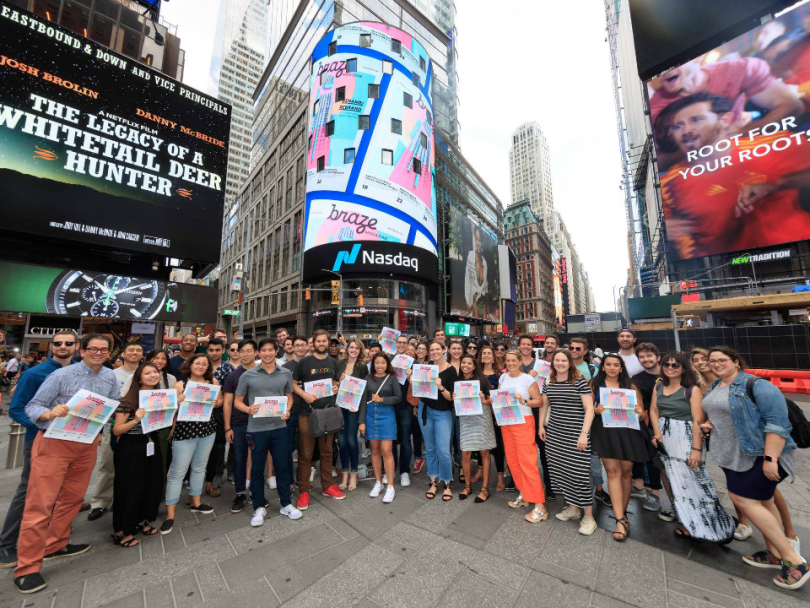
To the public eye, Braze works to help companies deliver unique and engaging messaging experiences. Director of Engineering Brian Wheeler reveals that, behind the scenes, Braze fosters a culture where no two days are the same.
What three words would you use to describe the culture of your engineering team?
Determined, collaborative, transparent.
How does your engineering staff bond both in and out of the office?
One of the best ways to bond is to work toward a common goal. We’ve got a number of cross-team committees that push forward critical areas. We’ve also had great results from those efforts. For example, our style committee has updated thousands of lines of code, our information committee is actively centralizing and making more discoverable all knowledge, and our Agile committee is moving forward critical project management process updates. We’ve also got lunch and learns, town halls, interests groups and a number of other in-office opportunities to engage.
Outside the office, we’ve got many ways in which the team socializes. Ad hoc coffee runs and walks happen daily. Individual teams aim to leave the office on a jaunt of some sort at least once every 3-4 weeks. Teams have gone to the cool shops (like VR World), touristy things (like the top of the Empire State Building) and hiking in the Hudson Valley. As an organization, we also regularly find time to get together outside the office. Activities vary, but we always try to make sure we have a surplus of food, because we know what matters.
When hiring someone for the team, what characteristics and experience do you look for?
We’re a growing team and company in a fast-paced industry, so we look for folks who can thrive in a dynamic environment. Solid communication and collaboration skills are a necessity, as are leadership and drive. We look for candidates who love to build things and know that, at scale, it requires constant and effective teamwork.
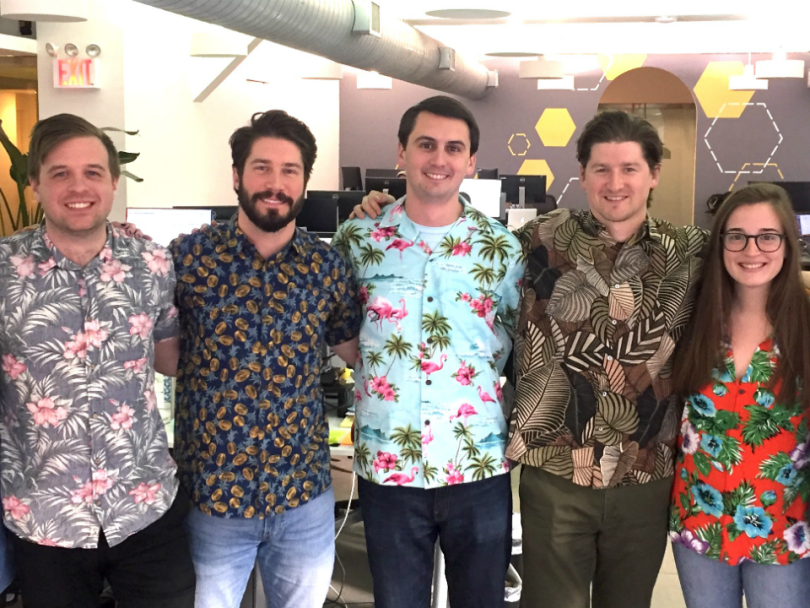
Engineers working at Beeswax have a tough task on their hands: designing the company’s unprecedented bidder-as-a-service platform. Software Engineer Sean McQueen said the team keeps things light and lets the creativity flow.
What three words would you use to describe the culture of your engineering team?
Deliberate, opinionated, neighborly.
How does your engineering staff bond both in and out of the office?
Engineers eat lunch together almost every day, and on an average day, at least one big group will go out for coffee or boba tea. Face-to-face socializing is important, but because we use Slack for almost everything, we also use that to discuss #vim vs. #emacs, #python vs. #java, #game-night (board game planning), #fake-football (fantasy football) and #food — which almost everyone can agree on.
Beeswaxers have been known to play each other in ping pong tournaments, paint windows for pride parades, watch sports games together and gift each other expensive whiskies from trips abroad. That said, more often than not you’ll find us bonding over actual work and complaining about AWS support tickets.
When hiring someone for the team, what characteristics and experience do you look for?
Beeswax engineers tend to be very careful programmers and very opinionated debaters. We believe good engineers can learn any stack, so we look for people who are friendly, self-driven and love building technology. We don’t look for much in terms of specifics beyond those criteria — lots of people with a range of experiences can be a fit here.
